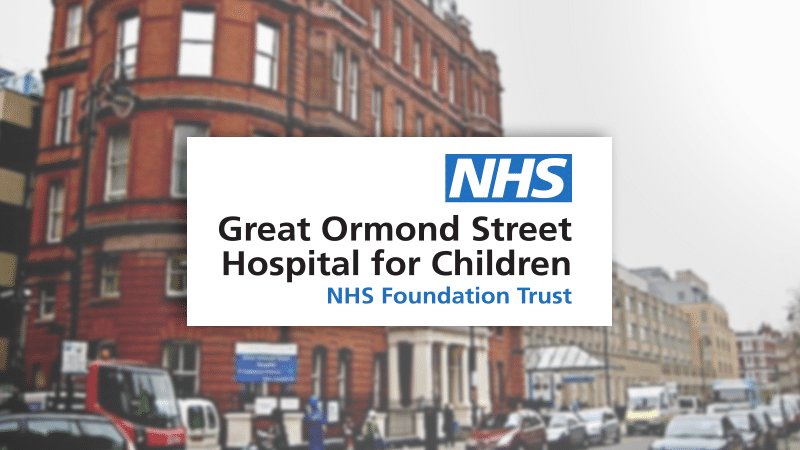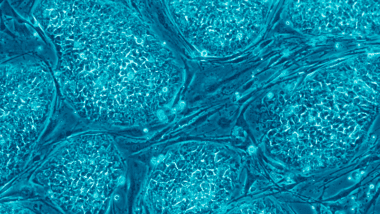Children suffering from a rare and life-threatening condition have been successfully treated by a gene therapy that makes use of their own stem cells.
Without the treatment, patients born with severe combined immunodeficiency (SCID) due to the lack of a chemical known as ADA need to be kept in sterile “bubbles” and have a short life expectancy.
But researchers have developed a treatment that would enable the vast majority of sufferers to enjoy a relatively normal childhood.
Highly effective
Named “bubble boy” disease after the movie The Boy in the Plastic Bubble – a film inspired by the real life experience of an American boy with a form of SCID – the condition affects fewer than one in 100,000 children worldwide.
Dr Claire Booth, a gene therapy expert at Great Ormond Street Hospital who participated in the research, said: “I know it is early days, but I do expect this to be a cure for these patients — a one-off treatment that they can have early in life. Over 95 per cent efficacy for this kind of condition is amazing.”
Dr Booth added that it was “really rewarding” to see 48 of the 50 patients who took part in the clinical trials come off their medication and start to do ordinary everyday activities, such as “go to school and socialise with other children”.
Ethical
During the study, stem cells were removed from the participants’ bone marrow, corrected with a new copy of the gene that makes ADA, and then returned to the patient.
The reintroduced cells produced a “robust” immune response in most patients.
Unlike embryonic stem cells, stem cells present in the bone marrow of the patient do not require the destruction of embryos.
Ethical stem cell research finds MND damage may be reversible
Ethical stem cells transforming lives
September 2019: Sight restored to acid attack victim thanks to ethical stem cell treatment.
August 2019: Ethical stem cells could extend ‘golden hour’ for stroke patients.



